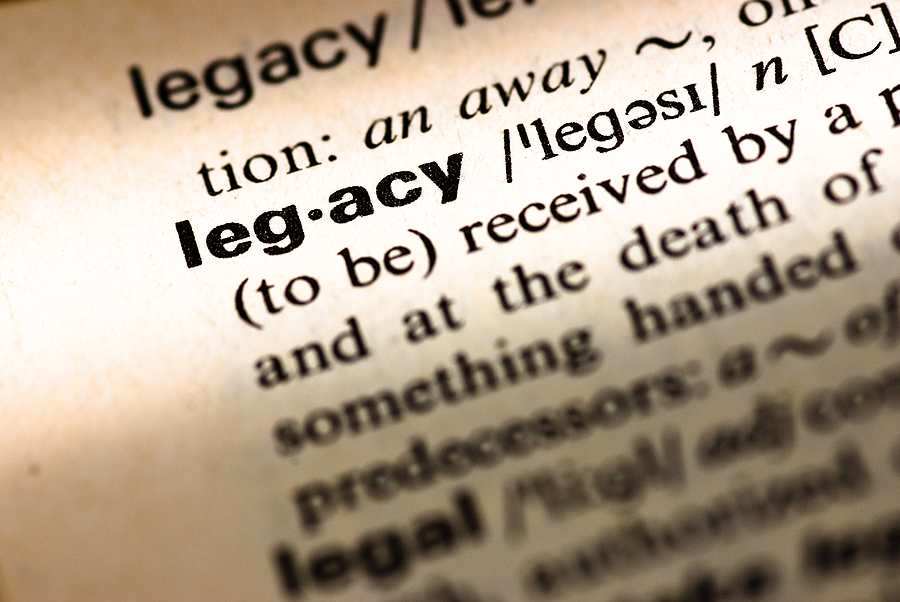News
Legacy Planning and What It Involves
Legacy planning is a comprehensive process that covers traditional estate planning activities such as trusts and asset distribution and includes broader considerations, such as how a person wants to be remembered.
5 Reasons You Need Life Insurance
Life insurance is a fundamental and essential component in any comprehensive financial plan. It instills a sense of security in the policyholder and their dependents.
The Benefits of Long-Term Care
Long-term care is an essential component of healthcare that aids individuals who are physically or mentally incapable of independent living. While it may seem daunting, the benefits of long-term care can significantly enhance the quality of life for those in need. I can also help with overall well-being. These benefits include personalized care, safety, and social interaction, among several others.
National Financial Freedom Day: A Celebration of Financial Responsibility
National Financial Freedom Day is an annual observance held on July 1st. It encourages and promotes financial responsibility among individuals, families, and businesses.
Critical IRS Update: Understanding 2025 Revenue Proposals
The IRS regularly introduces modifications to tax laws, and understanding them and their potential aftermath is crucial. One of the critical IRS update for 2025 may impact estate planning, those who inherit, and the amount of taxes to be paid.
Smart Money Moves: Financial Tips for Building Your Vacation Fund
An escapade to an exotic getaway or a relaxing vacation provides an opportunity for rejuvenation. However, these leisure vacations often come with a price tag. Read more for how to take steps to begin building your vacation fund.
Unlocking the Benefits of Annuities in Retirement Planning
Financial independence is an integral part of a comfortable retirement. Therefore, investing in strategies that guarantee a consistent income stream in retirement is crucial. In this article we will explore the benefits of annuities.
Mortgage rates in 2024: Insights and Predictions for Homebuyers
As we look into 2024, predicting the trajectory of mortgage rates has never been more critical for prospective homebuyers. Understanding the factors influencing these rates and how they may play out can help potential homeowners make informed decisions.
7 Steps to Help You Plan for Retirement
Wealth preservation is essential for many individuals but warrants a specific focus for those nearing retirement. Understanding the complexities of wealth preservation is crucial, particularly for pre-retirees. Today’s pre-retirees may need a more detailed retirement plan, whether due to inheritance, accomplishment in the corporate world, or entrepreneurial fulfillment.
Budding startups: Tips for Entrepreneurs Before Launching Their Idea
Launching a budding startup is an exciting venture that offers plenty of potential rewards but also risks. However, it’s a complex process that requires careful planning and preparation. As an entrepreneur, your confidence largely depends on your ability to anticipate challenges and make well-informed decisions. Here are some tips for entrepreneurs you should consider before launching your startup.











